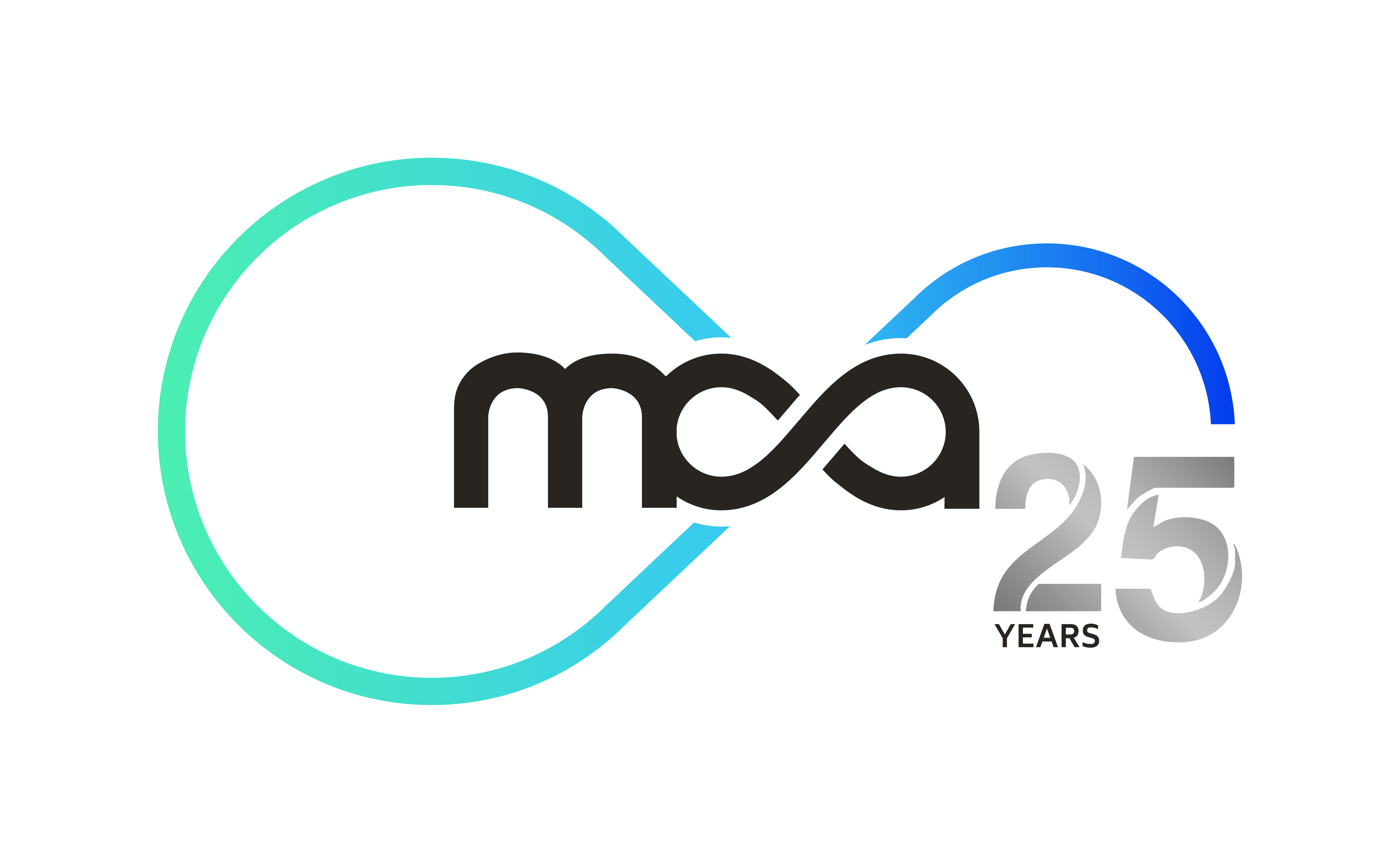Roam Like At Home: a year later and majority of Europeans see the benefits
The European Commission published the results of a new Eurobarometer survey on roaming to measure the awareness of the abolition of the roaming charges, and to see the impact it has had on the citizens’ mobile usage when travelling in another EU country.
It transpired that 82% of people who have travelled to another EU country in the last year said that they have benefitted from the new Roam Like at Home (RLAH) rules. People between 15 years – 24 years recognise the value of this service with 80% saying they see it as beneficial. Moreover, 62% of Europeans are aware that roaming charges have ended and 69% state that they, or someone they know, will benefit from the end of roaming surcharges. Respondents added that they are more likely to use their mobile phones abroad like they do at home nowadays, with an average of 7% increase when compared to 2017, and people are less likely to restrict the various mobile services such as switching off data.
Maltese respondents said that they are more likely to make voice calls, use mobile internet and send text messages more often when in another EU country than before RLAH was implemented.
The survey shows that during the first year without roaming charges the mobile operators in general where in compliance with the new RLAH rules and that national regulators, including the Malta Communications Authority (MCA), are ensuring their implementation in Member States.
Since the new roaming law, citizens have been enjoying the benefits of RLAH and using their mobile services at the same price that they would pay if at home (with a few exceptions). The MCA in cooperation with other national regulators and the Commission continues to monitor the developments on mobile markets and ensure compliance.
Further information on the Eurobarometer survey can be accessed via:





